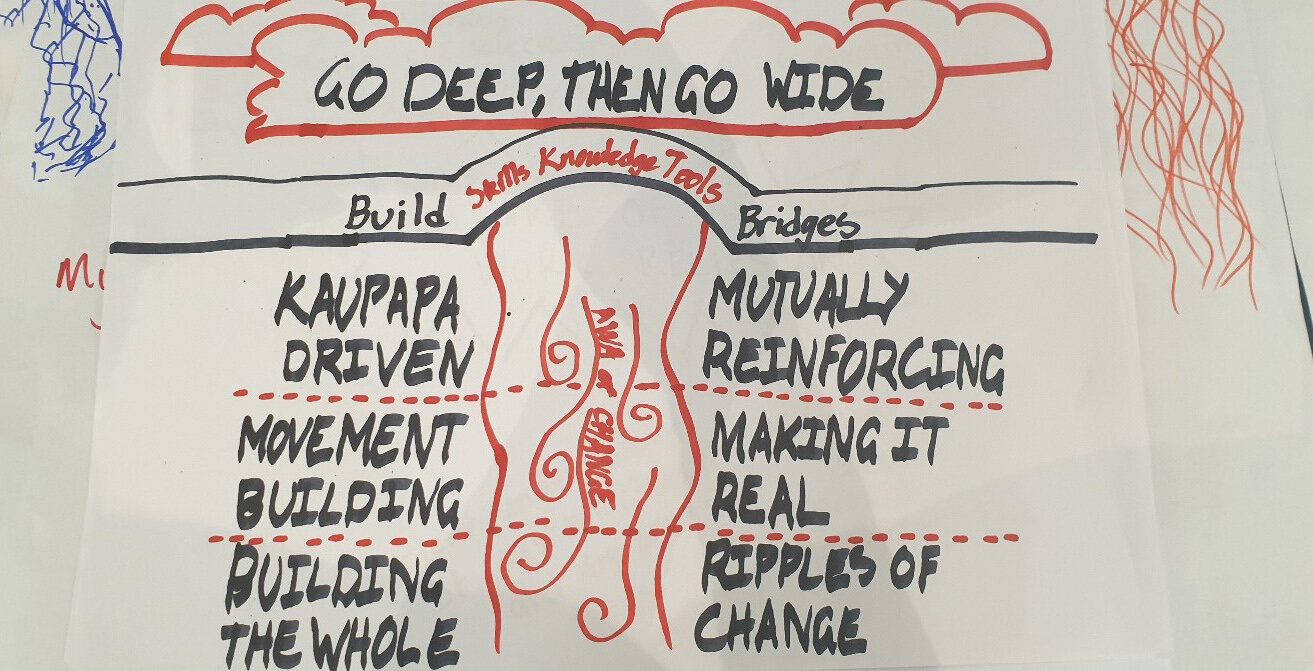Peter McKenzie Project Update – July 2019
The focus of this programme is on enabling New Zealand families, their children and grandchildren to flourish in the places they live, work, learn and play. We want them to lead full lives, contributing positively to their community, in ways that mean something to them. The key indicators of success for the Peter McKenzie Project (PMP) are quite simple: to see a reduction in the number of children and families living in poverty and hardship.
We aim to contribute through supporting work to improve systems and structures, and building the effectiveness of systems change work. We in Aotearoa New Zealand have been successful with system changes before: when poverty in our elderly needed fixing we came together and fixed it with an indexed universal benefit for the elderly, and now New Zealand’s older people have among the lowest rates of hardship in the world. We are confident that with collaboration and considered action we can enable all New Zealand families to flourish.
We’ve signed on with another excellent organisation! Community Housing Aotearoa (CHA for short) – CHA is the peak body for community organisations providing social housing. Through The Shift initiative, CHA will play a catalyst role, leading a collective approach to improve the functioning of the housing system to increase the supply of adequate, affordable housing especially for low-income families.
Recently ngā kaikōkiri/changemakers from all the groups we are supporting, and PMP folk, had a two-day meeting. What an amazing event it was. Full of generous sharing about what each group is learning about changing systems to enable New Zealand families to flourish.
A number of themes came through strongly. The first was the importance of widening and deepening connections, and creating opportunities for sharing with and learning from others who are working on complex problems. Another was how vital it is to communicate effectively about what they are doing, and what “systems change” is about.
Many participants commented on the value of a storytelling session where kaikokiri were interviewed about their work by PMP people, who then described this work to the full group. This process enabled everyone to deepen their understanding of the mahi being done, and the kaikokiri to hear how stories of their work are heard and reflected back by others.
Many thanks to those who attended from Te Ohu Whakawhanaunga, The Workshop, Tokona Te Raki, WhyOra, Community Housing Aotearoa, J R McKenzie Trust, and PMP; Susie Schwartz from the Todd Foundation also joined us for a time, and we benefited hugely from the excellent facilitation of Rebecca Davis.



